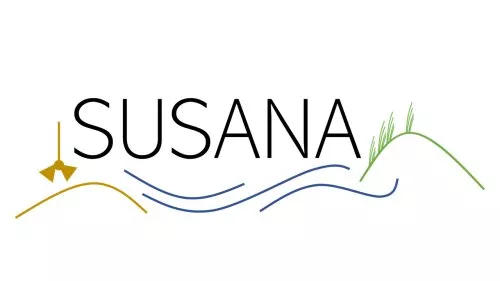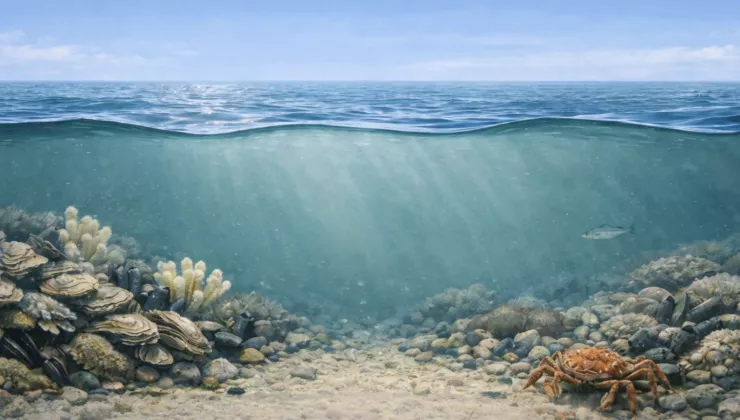Securing Our Coastlines: Uncovering the Value of Dunes in Flood Protection
The research carried out within the scope of the SUSANA project highlights dunes as natural coastal guardians and quantifies the financial impact of their protective role. This assessment offers an invaluable tool for sustainable development.
Assessment Process Overview
- Mapping and Assessing Vulnerable Areas: Key coastal zones are meticulously mapped, identifying areas most exposed to flooding and providing essential data on the range of properties and infrastructure at risk. This approach lays a strategic foundation for effective dune systems that offer maximum coverage;
- Integrating Key Data: Variables like coastline length, housing density, infrastructure types, and real estate values based on market prices are analysed to quantify the assets most vulnerable to coastal flooding, offering a robust understanding of both the ecological and the economic stakes involved;
- Estimating Total Value At Risk: By evaluating properties and infrastructure in flood-prone areas, this process enables us to quantify the combined worth of at-risk assets, making a clear case for investing in natural defences like dunes. This approach helps us balance environmental integrity with financial sustainability.

A Way Forward
By providing spatially specific valuations and insights, this methodology shows how vital dunes are—not only as buffers but also as economic safeguards for communities along our shores.
As we move forward, the SUSANA project remains dedicated to promoting nature-based solutions that enhance resilience and offer long-term, sustainable security for our coasts.
Warm regards,
The SUSANA team
About SUSANA
The SUSANA project (Sustainable use of sand in nature-based solutions) strives for nature-based solutions to protect our coastlines and aims to develop a model which enables us to weigh the pros and cons of such solutions.
This project is an initiative of University of Antwerp, Ghent University, Catholic University of Leuven, the Flanders Research Institute for Agriculture, Fisheries and Food (ILVO) and the Royal Belgian Institute for Natural Sciences (RBINS).


